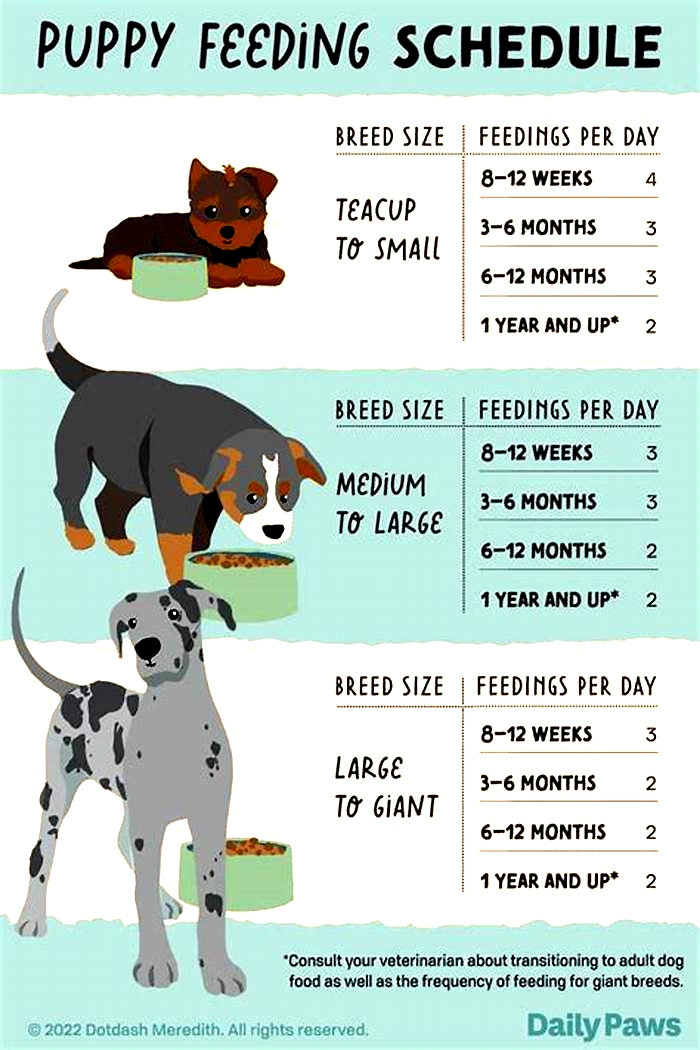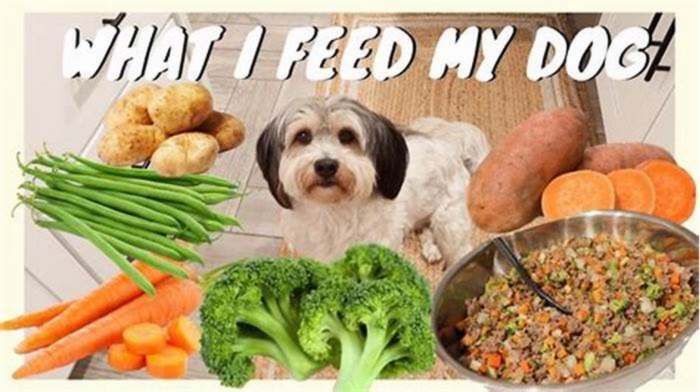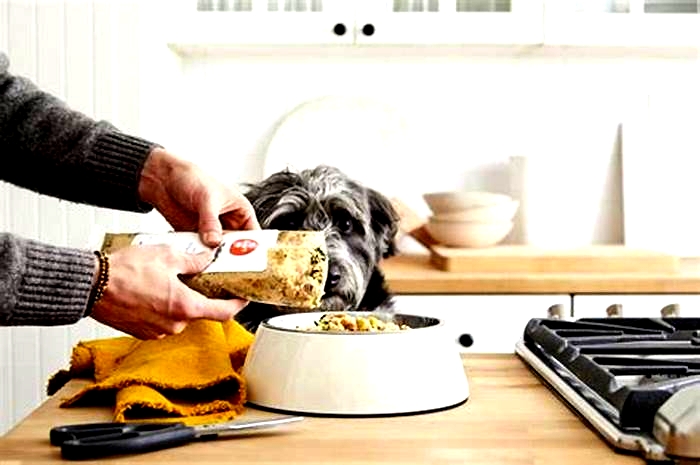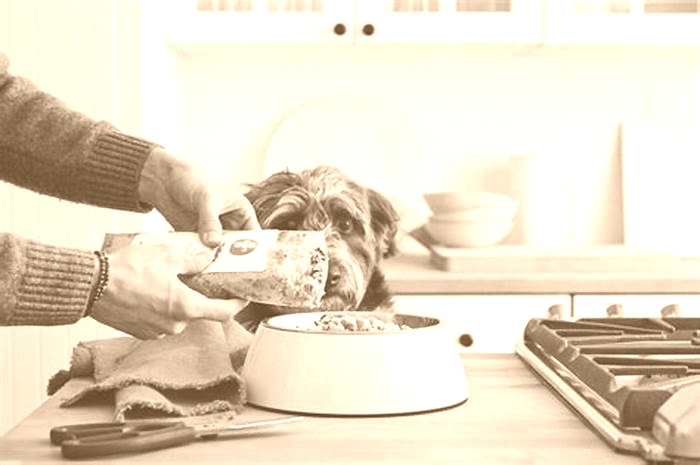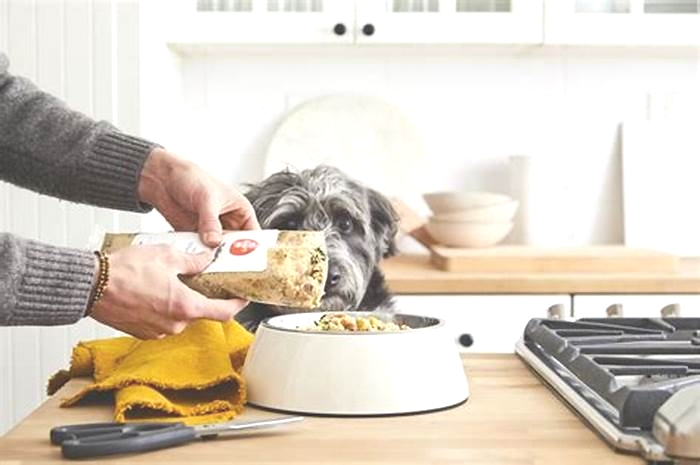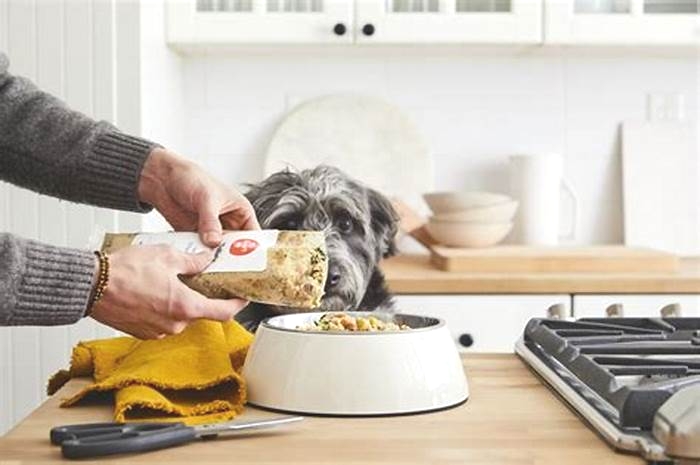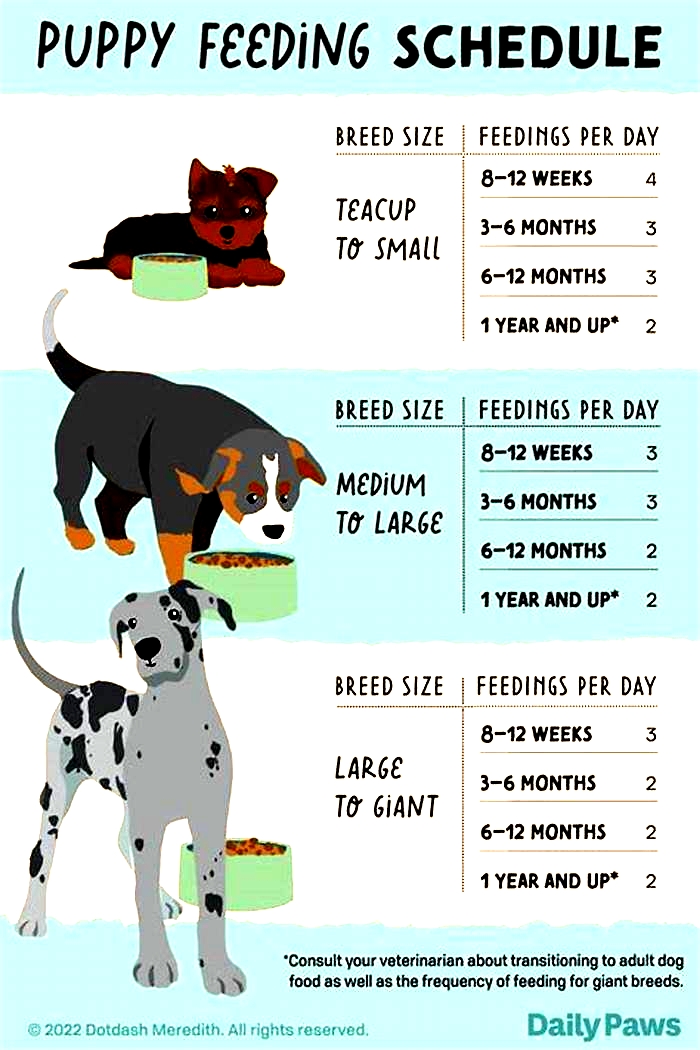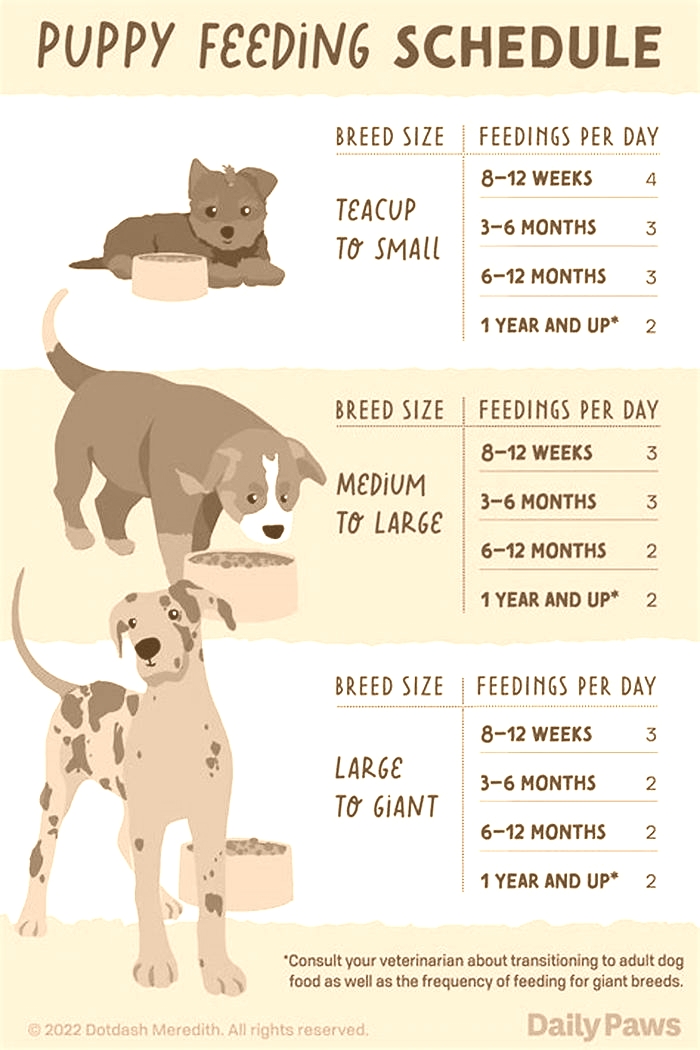Can dogs skip a meal
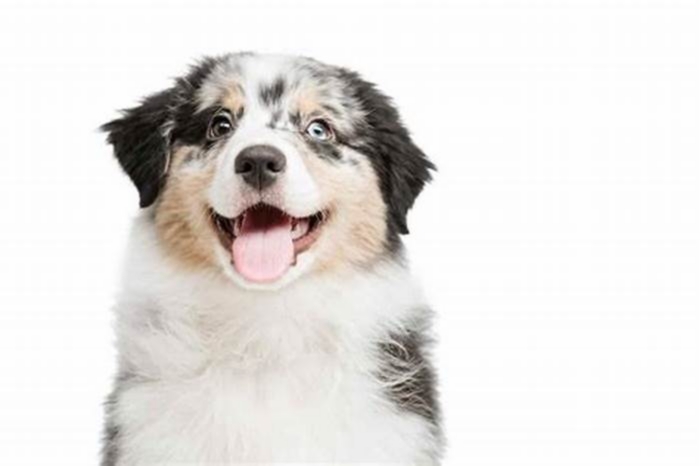
Why Dogs Skipping a Meal (or two) Isnt a Big Deal
When your dog suddenly loses their appetite, it can be cause for alarm. But, trust me, not only is your dog skipping a meal (or two) safe, it can be downright essential for promoting good health.
Why is it okay for your dog to skip a meal? Simply put, the energy your dog would have spent digesting food is free to repair their body and strengthen their immune system. Fasting is only recommended for adult dogs (1+ years), on a balanced raw food diet, and for no longer than 48 hours.
For a Dog, Skipping Meals is in Their DNA
The term Wild Health was coined by Dr. Barbara Royal, author of The Royal Treatment*. Its a holistic approach to animal care with the guiding principle an animals behavior in its natural habitat should guide the health decisions we make for our pets at home.
*SIDE NOTE: If youre curious about raw feeding, The Royal Treatment is a great place to start. Here is an Amazon link to the book.
So, how does Wild Health apply to your dog? your fluffball Pomeranian is as far from wild as it gets, right?
Well, its true the modern dog is the most successfully domesticated animal in human history. But, your little fluffball still shares 98.8% of its genetic makeup with the gray wolf.

In fact, dogs and wolves can mate and birth fertile puppies (e.g. puppies who will also be able to reproduce someday). Thats a big deal. Different species of elephants cant do that.
So, as the theory goes, the eating habits of the gray wolf is indicative of the optimal eating habits of your dog. Wolves are scavenging carnivores who eat when they can get it not on a tight two-a-day schedule. One day they may feast on deer and two days later they may get lucky and nab a tasty rabbit.
Regularly Scheduling Meals is a Human Construct We Impose on our Dogs
At this point, you may be thinking, So, just because wolves do it my dog has to too? Like, if all the wolves jumped off of a bridge, blah blah blah.
Even though our dogs look wildly different from their wild counterparts, they still share a stunningly similar digestive system. And, Mother Nature tends to know whats best for its animals, including dogs.
Dogs, like us, generate their cellular energy from mitochondria, often regarded as the powerhouse of any animal body. Mitochondria is responsible for every movement we make, whether its voluntary, like moving your hand, or involuntary, like a heart circulating blood through the body.
Converting food into energy is a huge endeavor for the body. This is partly why we tend to feel so tired after eating a huge meal. And because of the resources it takes, the body often has to sacrifice other functions, like self-repair, in order to meet the energy demands of digesting food
Imagine for a second the body as an automobile the gas represents food, which is meant to make the car move. What if the car has to move whenever theres gas in the tank? How much more difficult is an oil change when the car is moving? How much more dangerous is it when the engine is running?
Luckily, we can turn the keys and shut off a car. Thats not the case with you or your dog.
By regularly fasting your dog, you are allowing its body to shed and produce new mitochondria, strengthen its immune system, so she/he can more effectively heal and ward off infection & disease.
For even more information, check out this great video from Rodney Habibs Youtube Channel:
Should You Intentionally Fast a Dog?
I have three adult dogs, all over a year old and I make it a habit to fast them one day a week. This means each of my dogs skips two consecutive meals once a week usually on the weekends when I have more time to distract them.
First, I wouldnt recommend skipping meals for a puppy under one year. Puppies are notoriously hungry for a reason, and the chemical reactions in their bodies are all pointed towards growth. Growing body mass requires a lot of food at this stage of their life, so its not a good idea to deny them any.
Next, I solemnly believe in feeding my dogs a raw diet. For those unfamiliar with the term, it goes back to the Wild Health philosophy I mentioned earlier in the article. I feed my dogs as close a possible to what they would eat in the wild high amounts of raw animal protein, moderate amounts of healthy fats, some veggies, and minimal grains and carbohydrates.
What does a raw diet have to do with your dog skipping meals?
1 A raw diet contains a moderate amount of healthy fat and dogs are well equipped to use this fat as an energy source for long periods of time. So while they may be hungry the first few hours I fast them, their body quickly gets with the program and taps into those energy reserves.
2 Dry kibble contains a high amount of carbohydrates derived from grains which dogs are ill-equipped to use as an energy resource. If your dog eats dry kibble, theyre going to burn through those carbohydrates in a just a few hours, and come looking for you to put down the food bowl for their next energy fix.
If your dog is currently eating kibble I strongly recommend going a) raw and b) not forcing her/him to skip meals. All it will do is make them really cranky and potentially cause long-term behavioral issues.
However, if your dog doesnt feel like eating when you put down the bowl great! Dont force it on him/her, but allow them to decide whats right for their body, and when they need extra energy to heal.
Last, if this type of fasting all sounds vaguely familiar to you, then youre probably thinking of intermittent fasting which is sweeping the United States at the moment.
Intermittent fasting yields just as many positive effects for the human body as it does for your dog. Learn more at the Keto Kamp Youtube Channel for more information on fasting your dog:
If My Dog Skips a Meal, Should I Double the Proportions of the Next Meal?
Personally, I never double proportions but rather add 1.5 times what they wouldve originally eaten. I do this for a couple of reasons:
- Your dogs stomach will shrink, especially if they skip two meals. If you give them two to four times a regular meal, youre just asking for them to puke all over your new sofa.
- Lets go back to the automobile analogy if your dogs body is the equivalent of a car, then the more fuel you put into it the more mileage youll put onto it. The more calories you put into your dog the moremileage you put onto her/him? Okay, the metaphor is sticky, but you get the idea.
Last, if my dogs miss one meal I add 1.5 times to the next meal. If my dog misses two meals I add 1.5 times to the next two meals. I dont have any science to back it up it just feels right.
When Should I Be Concerned About My Dogs Loss of Appetite?
My dogs are my family and there is no amount of debt I wouldnt take on to make sure theyre living healthy, happy lives. But, I do believe weve been culturally programmed to rush to the veterinarian at the drop of a hat.
Yes, I get it, they cant talk
But, if something is truly wrong with your dog, you will see signs, such as:
- Blood in the stool
- A drastic change in behavior especially aggression
- Unrestefullness they constantly look in pain
- Uncontrollable vomiting
- Not drinking water
- White gums (which could also be dehydration)
If your dog skips two, even three meals, and there are none of the above signs, perhaps theyre fighting off an infection. Let their bodies do what they were designed to do.
After the third meal, Id call my vet to let them know whats going on. You can schedule a preliminary appointment for the next morning.
If your dog goes two full days without eating something is probably up. Never force food on them, but at a certain point, hop into the car. Its time to go to the vet.
How Long Can My Dog Go Without Eating?
And, just in case youre curious, a dog can go up to five days without food before it will begin to experience serious problems, like kidney failure.
But, of course, we wont be letting it get that far, right?
Happy fasting!
Full Stride | Our gentle, non-invasive therapy assists healing, enhances mobility and relieves tension in dogs of all breeds.
Picky, finicky eaters or dogs that are just not that into food will sometimes walk away from their food bowl. Obviously, if your dog is usually a good eater and declines food, this may be a sign of illness and appropriate health advice should besought.
But, for healthy dogs to skip a meal for a day or two is not a cause for concern because domestic dogs share the ability to manage feast or famine conditions with their carnivorous wildcousins.
In the wild, a number of factors determine how frequently carnivores eat large prey. These factors may include the animals energy requirements, the preys energy content, the size of the pack, if the animal is a pack hunter like wolves, and the seasonal availability of the prey. Carnivores such as lions hunting a plain have been observed hunting only every 2.5 days, while a pack of eight (8) wolves that prey on moose, have been observed hunting every 10 days. (Bosch & Hendriks2014)
During famine times, when prey is less available, carnivores are adapted to survive without eating large prey. Wolves have been observed scavenging for up to 10 weeks. Likewise, cougars have been known to go 75 days without large prey. During these times, they survive on smaller animals, birds and carrion. (Bosch & Hendriks2014)
Like wild carnivores, domestic dogs are resistant to fasting and adapt physiologically to survive during famine times. They reduce their metabolic rate and adapt the energy sources their body utilise. Animals can switch between using glucose and fatty acids for energy, depending on nutrient availability. (Kinnunen et al 2015, Bosch & Hendriks2014)
During fasting, the preferred energy pathway is fatty acid oxidation and glucose uptake and usage from amino acid metabolism is down regulated to preserve the bodys proteins. Raccoon dogs (see blog image) are a wild canid species that fast for up to four months each year. Throughout the year, the dogs body mass varies by 30 40% however they preserve their muscle mass during the fast and there is no sign of proteolysis (protein metabolism). (Bosch & Hendriks 2014, Kinnunen et al 2015, de Bairacli Levy1992)
While wild carnivores are required to fast due to prey availability, skipping a meal or two for our domestic dogs has practical and healthbenefits.
Firstly, for healthy, adult dogs a small fast rests the digestive system and enables this energy to be used elsewhere in the body to cleanse it of toxins and impurities that are embedded in the fatty tissues of the dogs body. For this reason, fasting is a normal response when the dog is ill. For acute conditions or longer fasts, please consult your veterinarian or SAENA certifiednaturopath.
Secondly, fasting a dog for a day or two is a good way to clean the digestive system and introduce a change indiet.
When fasting, ensure dogs have access to plenty of fresh, clean water to help flush toxins from their body. For longer fasts, small amounts of honey and herbal preparations may assist the dogs body rid itself of toxins. Your holistic veterinarian or SAENA certified naturopath can advise on how to best support your dog for long fasts. (Schultze 1998, de Bairacli Levy1992)
For more information about Full Strides nutrition services please contact me at [email protected] or leave me a comment on how you use fasting with yourdogs.
You can also stay up to date by following Full Stride on Facebook https://www.facebook.com/FullStrideCanineMassageTherapy/
Until next time, enjoy yourdogs.
Sources:
Bosch, G., & Hendriks, W. 2014. Aspects of foraging ecology of carnivores that impact digestive physiology and metabolism. In Proceedings of the 10th symposium of the Comparative Nutrition Society (Vol. 10, pp.14-18).
De Bairacli Levy, J. 1992, The complete herbal handbook for the dog and cat, Farrar, Strauss and Giroux, NewYork.
Kinnunen, S, Mnttri,S, Herzig, KH, Nieminen, P, Mustonen, A-M, & Saarela, S 2015 Maintenance of skeletal muscle energy homeostasis during prolonged wintertime fasting in the raccoon dog (Nyctereutes procyonoides) Journal of Comparative Physiology,February
Schultze, K. 1998, Natural Nutrition for Dogs and Cats: The Ultimate Diet Hay House, Sydney, NSW
Please enable JavaScript to view the comments powered by Disqus.
